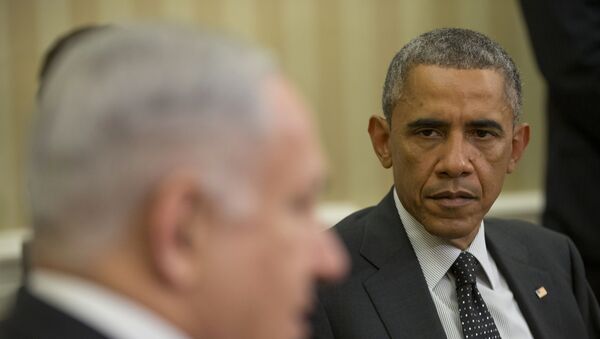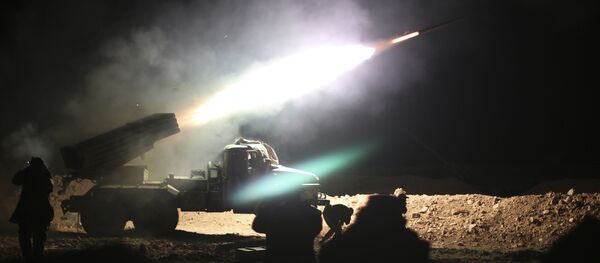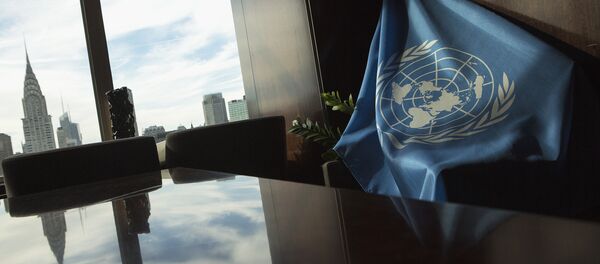On Thursday, the US State Department cautioned Israel against a crackdown on Palestinian civilians following Tuesday’s fatal shooting in Tel Aviv, warning that military retaliation risks "escalating tensions."
The statement by US officials follows Israel’s announcement that it has suspended entry permits for 83,000 Palestinians, banning Ramadan travel for most Palestinians, and sealing off the already economically-beleaguered occupied territories, preventing much-needed supplies, including medical and food, from getting in.
A State Department spokesman offered the rare rebuke, suggesting that Israel should allow the Palestinians to "go about their daily lives."
Israeli Prime Minister Benjamin Netanyahu fired back that the attack proved that their Arab neighbors "don’t value life" and that Jerusalem will “do what is required” to respond to the attacks.
Netanyahu’s dehumanizing statement marks a shift in the country’s politics toward embracing a far-right agenda, in stark opposition to what the United Nations, and much of the world, regards as the recognition of the independent Palestinian state.
The shift began when far-right Israeli legislator Avigdor Liberman was appointed as the country’s new minister of defense in May. The conservative politician has previously called for establishing a military state in the occupied territories to "rein in terrorism," a position that many note would exacerbate the apartheid-like struggle that Palestinians currently suffer.
Israel’s drift toward the far right took a more entrenched tone on May 31, when influential Justice Minister Ayelet Shaked shook the Washington-consensus two-state solution position saying, "As long as we are in the government, there will be no Palestinian state, there will be no settlement evacuations and we will not give any land to our enemies."
Netanyahu’s position eerily mirrors the accusations leveled at Palestine by Israeli hardliners, that 'they do not accept our right to exist.'
Jerusalem’s hardened rhetoric and apartheid-like posture has elicited direct condemnation by the United Nations and has been disquieting to the Beltway military establishment.
On June 1, the UN special coordinator for the Middle East peace process, Nickolay Mladenov, placed the blame for the continued conflict firmly at the feet of the Israelis, saying during a news conference that, "The determination of some ministers in Israel to block progress and kill hope by promoting illegal settlement and rejecting a Palestinian state is concerning."
Tuesday’s open-air mall shooting, carried out by two gunmen said to be unaligned with any Palestinian force, killed 4 Israelis and injured 16. Tensions simmer between the two sides, and both the Israeli and Palestinian leadership have refused repeated offers to meet at the negotiating table.






